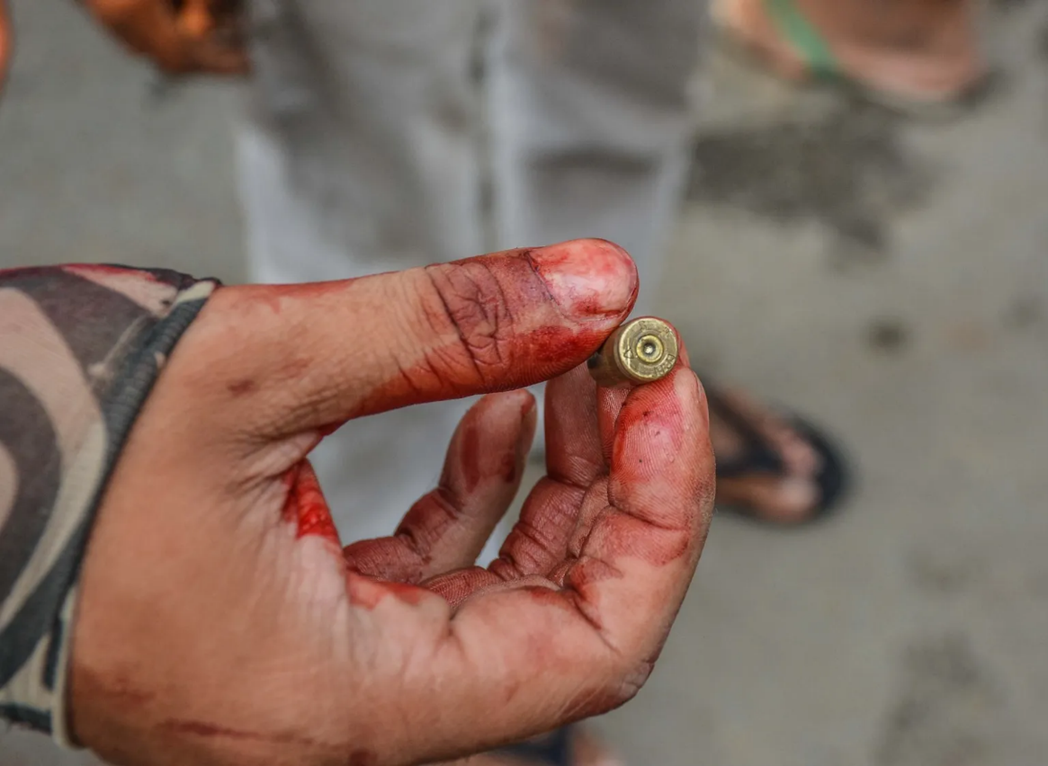The growth of the homegrown arms industry comes as some countries have enforced arms embargoes or sanctions against individuals and companies involved in trading or manufacturing arms.
In October, the U.S. Treasury imposed sanctions against Aung Moe Myint, a businessman close to the army who it said facilitates arms deals on its behalf. His brother, Hlaing Moe Myint, and the trading company they founded, Dynasty International Company Ltd., were also targeted. One of its directors, Myo Thitsar, also was designated for sanctions.
Local factories still can draw upon licensed technology and overseas supply chains, technical support and other backing, sometimes by sending equipment to Singapore and Taiwan for upgrading and maintenance, it said.
In a statement, council expert Chris Sidoti urged that governments investigate and when justified initiate action against companies that enable Myanmar’s military to make weapons used in “indiscriminate attacks on civilians.”
A report last year by the United Nations’ Office of the High Commissioner for Human Rights outlined some of those links, naming companies in Russia, China, Ukraine, Israel, Singapore and the Philippines.
Land mines and naval mines are among other products being made in Myanmar, said the report, citing people who have worked in the industry and also photos of weapons displayed at a defense and security exhibition in Bangkok that showcased such products.
Weapons factories, known as “KaPaSa,” an abbreviation of the local name for the Directorate of Defense Industries, draw on components such as fuses, optical sights and detonating caps imported from India and China. They also have computer numerical control, or CNC, machines for milling, grinding and other functions made in Austria, Germany, Japan, Taiwan and the United States, the report said.
The exact number of such factories is unclear but analysis of satellite images and other information has identified dozens of such facilities.
Much of the technology used in the arms-making industry was transferred for civilian use before the military took control, ousting the democratically elected government of Aung San Suu Kyi.
But more research is needed on the complex network of suppliers, licensors of technology and other details of weapons manufacturing, the report said.
Myanmar has endured decades of armed conflict between the central government and ethnic minorities seeking greater autonomy, mostly in border regions.


